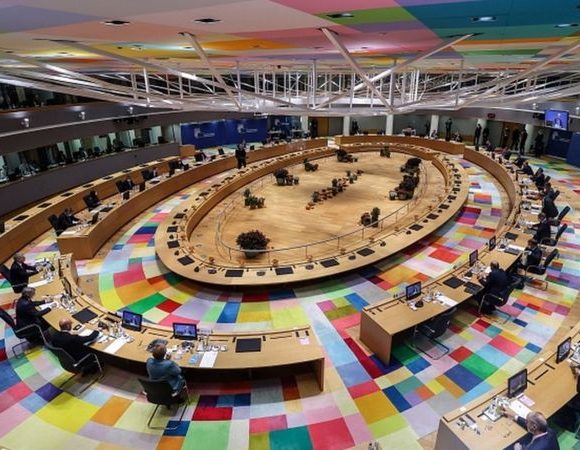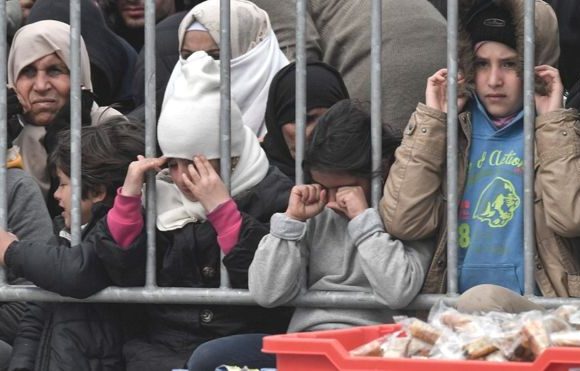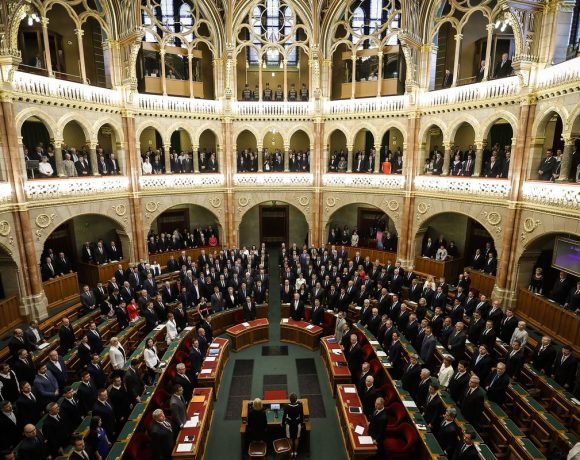
Pope Francis has called on Hungary and its leaders to open their doors to migrants during his visit to the country. Speaking at an open-air mass in Budapest, he expressed his disappointment that doors were being closed to those who were different.
Despite Hungary’s anti-immigration stance, up to 100,000 people, including Prime Minister Viktor Orban, attended the mass. Pope Francis urged everyone, especially those with political and social responsibilities, to be more open towards migrants and the poor. During the mass, he also prayed for peace between Ukraine and Russia, who are currently at war.
On his flight back home, Pope Francis disclosed that the Vatican was involved in a peace mission to put an end to the war between Ukraine and Russia, though he did not reveal the details of the mission yet. He also expressed his willingness to assist in the return of Ukrainian children taken to Russia since the invasion.
During his three-day visit to Hungary, Pope Francis discussed the conflict in Ukraine with Prime Minister Viktor Orban and a representative of the Russian Orthodox Church. The Pope’s visit to Hungary was his first since he became Pope 10 years ago, and it was driven by his support for Catholics and concern over the war in Ukraine.
Hungary shares a border with Ukraine, and Prime Minister Orban has maintained relations with Russian President Vladimir Putin, refusing to support military aid for Ukraine unlike other leaders of the European Union. During his visit, the Pope met with people from all walks of life, including youths, the poor, politicians, and academics.
Picture Courtesy: Google/images are subject to copyright





